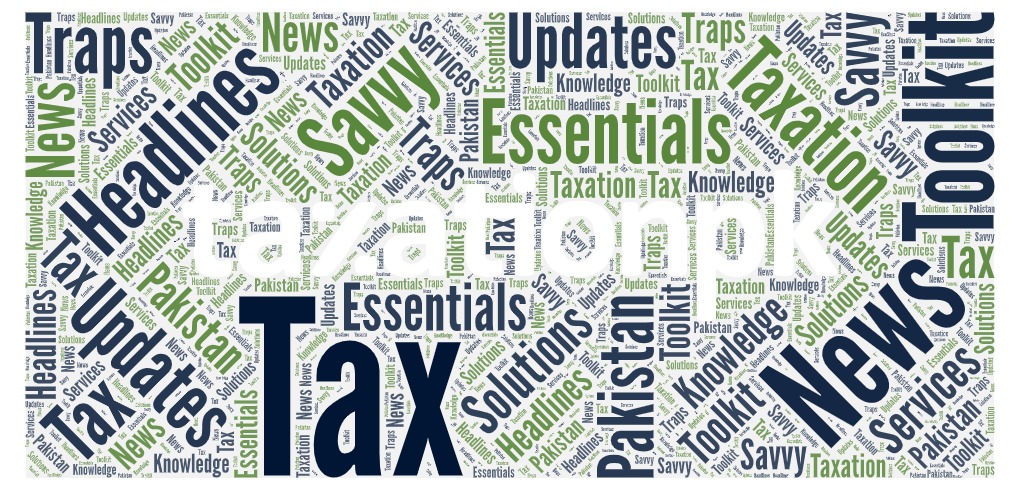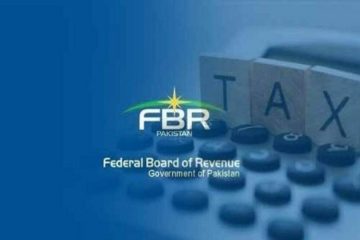In Pakistan’s tax system, a notice under Section 120 of the Income Tax Ordinance, 2001, signifies an important step in the assessment process. Here’s what you need to know:
Purpose:
A Section 120 notice informs you that the Federal Board of Revenue (FBR) has accepted your filed tax return as the assessment order. This means they agree with the income and tax liability you declared in your return, and this becomes the official assessment for the concerned tax year.
What it means:
- No further assessment needed: If you receive a Section 120 notice, it essentially confirms your tax liability based on your declared income. Unless there are exceptional circumstances, no further inquiries or assessments are typically conducted for that year.
- Finalization of tax liability: The amount mentioned in the notice becomes your final tax liability for the year. You are responsible for paying the due tax within the specified timeframe, usually by the deadline for your category (individuals/AOPs by September 30th, companies by December 31st).
- Right to appeal: If you disagree with the assessment or believe an error has occurred, you have the right to file an appeal with the FBR within 30 days from the notice date.
Benefits of a Section 120 notice:
- Provides finality and clarity: You know exactly how much tax you owe and avoid any uncertainties about potential further assessments.
- Streamlines the process: It simplifies the tax process by deeming your return as the final assessment, potentially saving you time and effort.
- Faster refunds: For those due a refund, receiving a Section 120 notice can expedite the refund process.
Additional points:
- The notice typically mentions the tax year, your income declared, tax liability calculated, and deadline for payment.
- Be sure to keep the notice for your records as it serves as an official document of your tax assessment.
- If you have any questions or concerns regarding the notice, seek guidance from a tax professional or contact the FBR directly.






